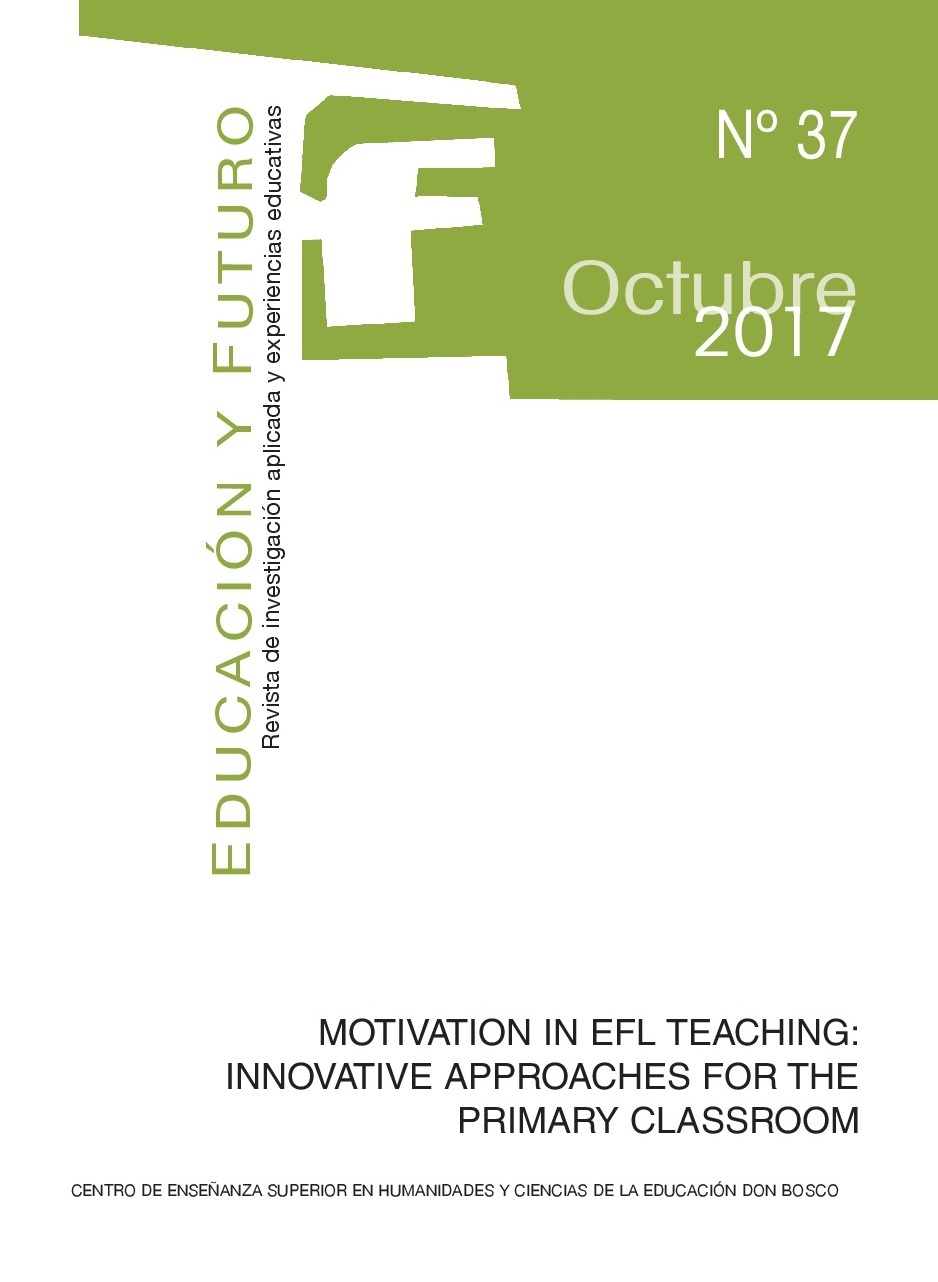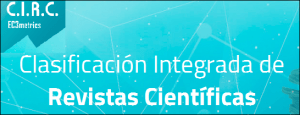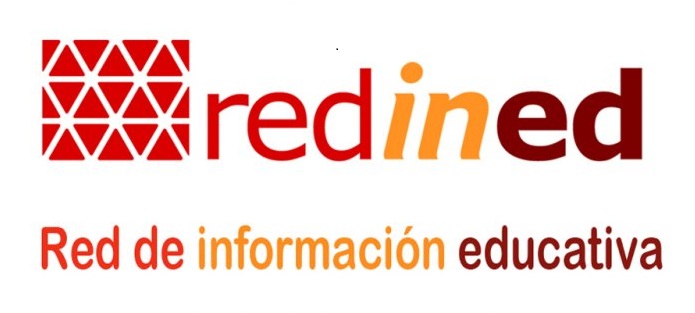The Impact of the NLP Spelling Strategy in the Early Years of Bilingual Education
Palavras-chave:
CLIL, NLP, spelling strategies, learning to learn, motivation, bilingual educationResumo
In the early years of bilingual education there is a lack of time and commitment to reinforce written skills, especially in Content Language Integrated Learning (CLIL) subjects where the vocabulary is more specific to content. The target of this research is to improve the number of good spellers based on four strategies adapted from Neuro-Linguistic Programming (NLP henceforth). Data suggests that, not only students in the experimental group increased good spelling performance, but also, NLP spelling strategies helped students learn from mistakes. Indeed, students lost fear about making mistakes, which ended up creating more participant, motivated, and reflective students.
Downloads
Downloads
Publicado
Como Citar
Edição
Seção
Licença
Educación y Futuro: Revista de Investigación Aplicada y Experiencias Educativas © 1999 by Centro Universitario Don Bosco is licensed under CC BY-NC-SA 4.0
















